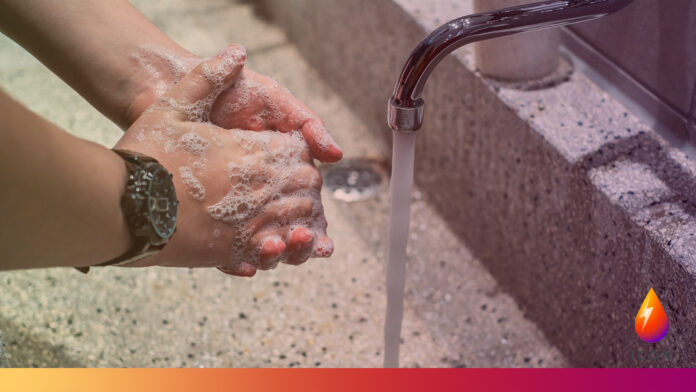Ofwat has confirmed its view that levels of bad debt costs across the business retail market are exceeding 2% of non-household revenue, therefore deciding that a temporary increase in the maximum prices retailers are permitted to charge is warranted.
Measures introduced since March 2020 to contain the spread of COVID-19 could lead to Retailers facing higher levels of customer bad debt.
Georgina Mills, Business Retail Market Director at Ofwat, commented: “These decisions aim to protect the interests of non-household customers in the short and longer term, including from the risk of systemic Retailer failure as the business retail market continues to feel the impacts of COVID-19.
“By implementing market-wide adjustments to price caps, we aim to minimise any additional costs for customers in the shorter term by promoting efficiency and supporting competition.”
Retailers’ abilities to respond to this are expected to be constrained by the water regulator temporarily strengthening protections for non-household customers during COVID-19 and the presence of price caps.
As a result, in April 2020, Ofwat committed to provide additional regulatory protection if bad debt costs across the market exceeded 2% of non-household revenue.
This is what it considered was ‘the level of bad debt an efficient and prudent Retailer should have planned for.’
Ofwat has published the following decisions:
- The proposal to adjust Retail Exit Code (REC) price caps – Retailers will be permitted to recover a portion of market-wide excess bad debt costs via an upward adjustment to the maximum prices they are permitted to charge their customers from April 2022. This should protect the longer term interests of customers by reducing the risk of systemic Retailer failure.
- To ensure customer interests are also protected in the shorter term, the upward adjustment to prices will be limited as follows:
- Sharing parameters – On a market-wide basis, Retailers will bear 25% of bad debt costs where these are more than 2% and non-household customers will bear the remaining 75%.
- Smoothing price increases over time – Adjustments to price caps will apply for a minimum of two years to reduce the step changes in price that customers might experience.
There are also three areas where Ofwat has not reached definitive conclusions and is seeking further evidence and views from stakeholders:
- Pooling excess bad debt costs – Ofwat proposes that the recovery of excess bad debt costs is pooled across all non-household customers, via a uniform uplift to price caps.
- Keeping open the option of not pursuing a true up – For example if outturn bad debt costs are not materially higher than the 2% threshold.
- Undertaking the true up – If a true up is required, Ofwat has set out how it expects this to work in practice.
Views and evidence are welcomed from all interested stakeholders by 5pm on Wednesday 15 September 2021.
Further consultation on the proposed adjustments to REC price caps can be expected by December 2021.
Ofwat has also confirmed it plans to commence its wider review of the REC price caps later in 2021.
The full decision document and more information about the consultation is available on the Ofwat website.
